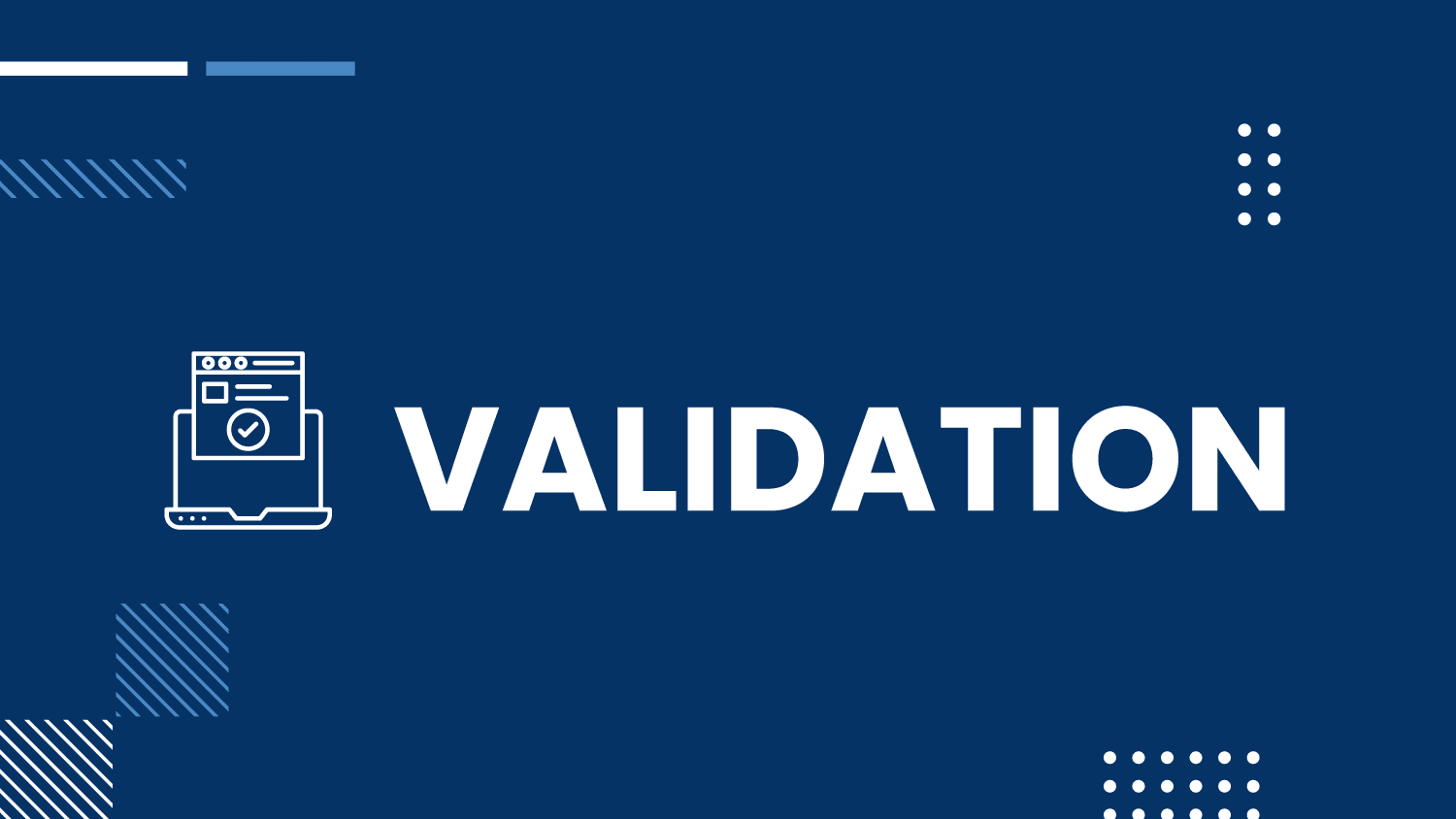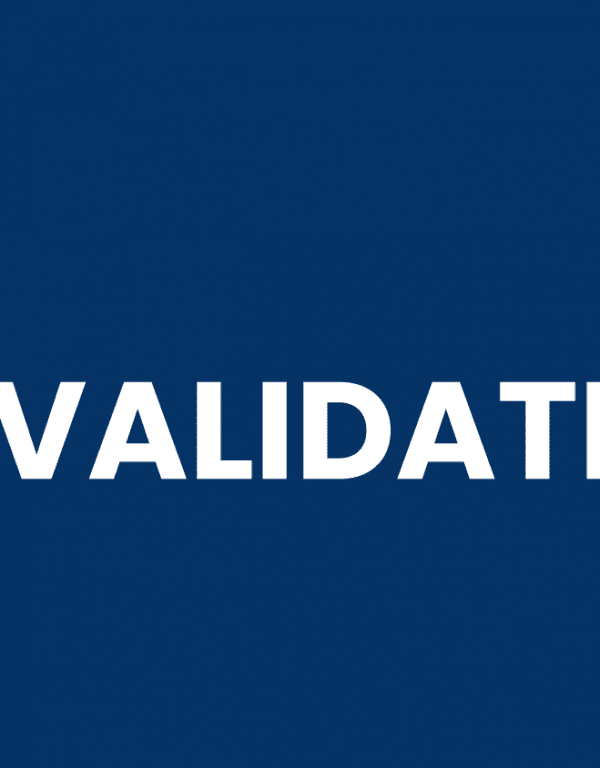
In his Jan. 18, 2018 column in The New York Times, “It’s Time for Apple to Build a Less Addictive iPhone: Apple gave us the modern smartphone. Now, it can create a new take on the device by encouraging us to use it more deliberately — and a lot less” by blog-fav Farhad Manjoo validated our prediction about screen addiction issued in Dec. 14, 2017.
A month ago, we said:
The ‘60s may have been the Age of Aquarius but this decade seems to be the Age of Anxiety and Anger. One cause: screen addiction. Constantly clicking our smartphones for the latest news – and it seems that there’s continually breaking news – may help us feel we’re on top of the situation but it leaves most of us feeling more empty, worried and angry than before – despite political preferences. We anticipate more coverage on stress, anxiety, mental health and ways to de-stress, which includes taking a break from your device – aka a technology cleanse or digital detox – which is healthy and a good idea but may seem impossible to do.
In his article, Manjoo observed:
Tech “addiction” is a topic of rising national concern. I put the A-word in quotes because the precise pull that our phones exert over us isn’t the same as that of drugs or alcohol. The issue isn’t really new, either; researchers who study how we use digital technology have for years been warning of its potential negative effects on our cognition, psyche and well-being.
What is new is who has joined the ranks of the worried. Recently, a parade of tech luminaries, including several former Facebook employees, have argued that we’re no match for the sophisticated machinery of engagement and persuasion being built into smartphone apps. Their fears are manifold: They’re worried about distraction, productivity, how social networks alter our emotional lives and relationships, and what they’re doing to children.
By the way, when we write that our predictions have been validated, it’s only partly for self-congratulations. Mostly, we see this an opportunity to continue the discussion on a topic that already interested us, and to move the story forward.
In this case, Manjoo takes a deeper look at the issue, pointing out the problem is:
Like air pollution or intrusive online advertising, tech addiction is a collective-action problem caused by misaligned incentives. Companies that make money from your attention — that is, ad-supported apps like Facebook, Instagram, Snapchat and YouTube — now employ armies of people who work with supercomputers to hook you ever more deeply into their services. Sure, we should call on them to act more ethically — and Facebook, for its part, has said it’s willing to lose money to improve its users’ well-being — but I’m skeptical they’ll be able to suppress their economic interests.
That’s an important point: a solution may reside within the companies that are not only causing the problem, they also make money because we are hooked on their products. So solving our addiction will cost them money.
Which means: fixing this will be hard to sell to a board of directors and shareholders.
I do like two of Manjoo’s suggested fixes:
-
-
Imagine if, once a week, your phone gave you a report on how you spent your time, similar to how your activity tracker tells you how sedentary you were last week. It could also needle you: “Farhad, you spent half your week scrolling through Twitter. Do you really feel proud of that?” It could offer to help: “If I notice you spending too much time on Snapchat next week, would you like me to remind you?”
-
Another idea is to let you impose more fine-grained controls over notifications. Today, when you let an app send you mobile alerts, it’s usually an all-or-nothing proposition — you say yes to letting it buzz you, and suddenly it’s buzzing you all the time.
-



